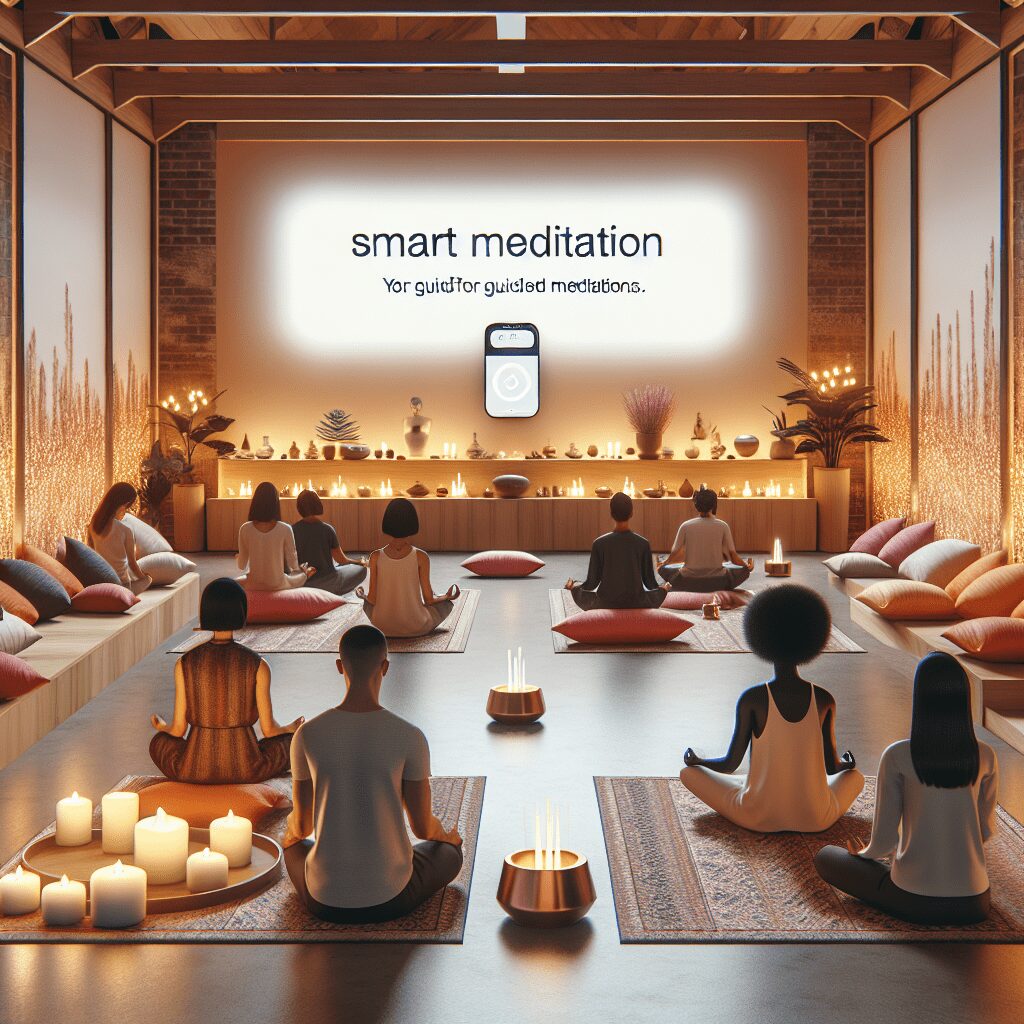
Prioritize your mental well-being daily. Enhance your life by nurturing your mental health with the Smart Meditation app. Break free from stress, alleviate anxiety, and enhance your sleep quality starting today.
Is Anxious And Anxiety The Same Thing?
Unraveling the Knot: Anxiousness vs. Anxiety
In the whirlpool of modern life, where the pace is unrelenting, it’s hardly surprising that feelings akin to nervousness and worry have become ever-present companions for many. Enter the frequently used — and often conflated — terms: anxious and anxiety. Though they might appear to dance together in meaning, twirling closely in our day-to-day conversations, a closer look reveals that they’re not quite stepping to the same beat. Let’s dive into the nuances that set them apart, shall we?
The Thin Line: Distinguishing Anxiousness from Anxiety
At first blush, anxiousness and anxiety seem like two peas in a pod. But, as we peel back the layers, the subtle differences come into sharper focus. Consider this your guide to discerning between these often-misunderstood terms.
Anxiousness: The Fleeting Visitor
You’ve probably said it yourself, “I’m feeling a bit anxious about this interview.” Here, ‘anxious’ functions as an adjective, describing a temporary state of nervousness or worry about a specific event or situation. It’s like a fleeting visitor — there one moment and gone the next, once the situation resolves. This transient feeling is something we all encounter; it’s part of the human condition. In essence, anxiousness does not typically impede one’s ability to function or enjoy life.
Anxiety: The Lingering Shadow
On the flip side, anxiety — often encapsulated in the term ‘anxiety disorder’ —refers to a more persistent and often debilitating state of being. It’s not just about feeling anxious; it’s a whole other ball game. This condition is marked by excessive, intense, and persistent worry and fear about everyday situations. The key here is persistence — anxiety doesn’t just pack up and leave after the stressful meeting. It hangs around, casting a shadow over various aspects of life, potentially hindering one’s ability to perform everyday tasks.
- Physical Symptoms: Unlike its lesser counterpart, anxiety often comes hand in hand with a host of physical symptoms like heart palpitations, sweating, and trembling.
- Mental Impact: It can severely affect concentration, sleep, and overall mental health, often requiring professional intervention to manage effectively.
Breaking It Down: When to Seek Help?
So, when does riding the wave of nervousness become something more concerning? It’s crucial to listen to what your body and mind are telling you. If you find that worry has become your constant companion, affecting sleep, concentration, and daily activities, it may be time to reach out for help. There’s absolutely no shame in it — in fact, it’s a brave step toward reclaiming your peace of mind.
Wrapping It Up: Knowledge Is Power
Equipped with a clearer understanding of anxiousness and anxiety, you’re better prepared to navigate the waters of your mental landscape. Recognizing the difference can empower you to seek the right kind of support when needed and to offer a compassionate hand to others who might be struggling in silence. Remember, we’re all in this together, and understanding is the first step toward healing. So, let’s continue to educate ourselves and others, breaking down the barriers of misunderstanding one word at a time.





